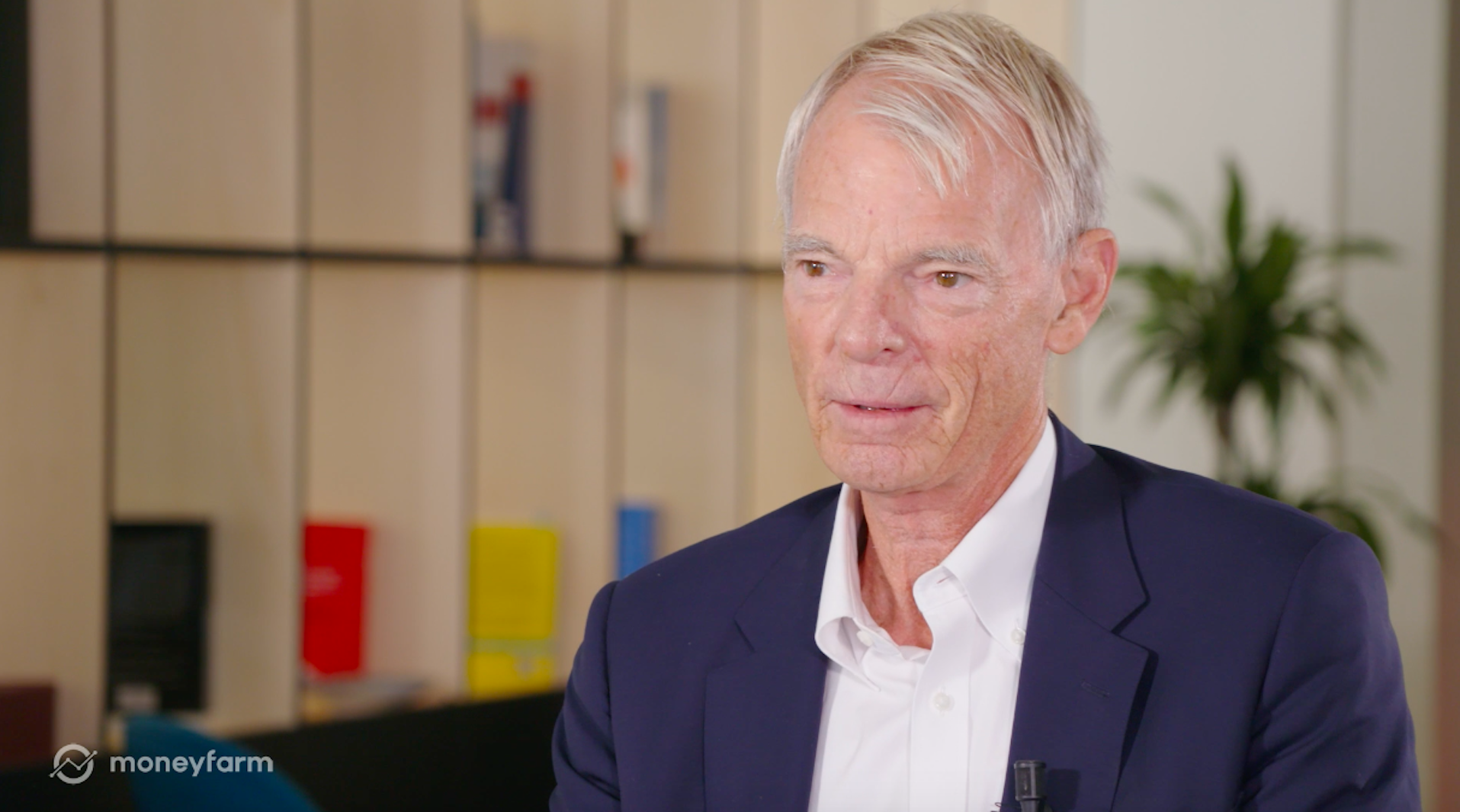Michael Spence, Economist and Nobel Laureate
“The panic started when I was sat in a board meeting the Thursday before Lehman actually collapsed. The financial markets and payments systems were locking up and it started to dawn on us how serious it really was.
It’s argued by many that if Lehman had been saved, we could have avoided the entire financial crisis, the repercussion of which we are still feeling today.
But, to be honest with you, it’s a misperception; the roots of the financial crisis has gripped tightly onto the complexities of the global financial and economic system, and weren’t going to disappear with a bailout.
Across America, Britain and Spain, household balance sheets were damaged. Understandably, this meant these families stopped spending, which tipped the economy into a recession. With lower consumer demand for goods and services, businesses stopped investing in growth, which sent unemployment higher.
At the start of the crisis, Central Banks were the only ones that really understood there was something fundamentally wrong with the system. They moved very quickly to contain the problem and they are rightly given credit for saving the system from complete collapse.
Almost everybody else thought it was a cyclical event. For nearly six years we had overly-optimistic forecast after overly-optimistic forecast from the big institutions. Eventually people understood that there was something different about this crisis.
Unfortunately, the vast majority of us didn’t see it coming and there’s been a lot of soul searching as to why we didn’t. But, as we found out, if you make the system too complicated, it’s difficult to track how a shock would bounce through it.
The underlying issue, is that we still don’t know how to detect when systemic risk is rising. We may be a little better at it, but when the system becomes fragile, we don’t have an agreed set of measurements and indices that tell us that’s happening. That was true ten years ago, and I think it’s still true now.
Is the retail investor better off today?
The backdrop has changed significantly for the retail investor since the global financial crisis. On the one hand, they have low-cost access to far more information than they did a decade ago.
This positive trend is being driven by policy, entrepreneurs, innovation, the internet and access to information.
But not everyone has the time or ability to be able to access all this extra information and process it. So the flipside is that the world is now pretty complicated.
Whilst we’ve seen the explosion of globalisation recede slightly over the last 10 years, the world and financial system is still very interconnected and vastly complex.
It can be a difficult world for people to understand, especially as the options for investment products, asset classes, and geographies available to invest in now seem endless.
Choice is good for the consumer, but too much choice can cause people to make misjudged decisions or even prevent them from making a decision at all.
As the financial backdrop evolves, the need for financial services to deliver trusted discretionary solutions and advice as part of a holistic service to consumers will become more popular as retail investors navigate the complex financial markets and interconnected global economies.”





